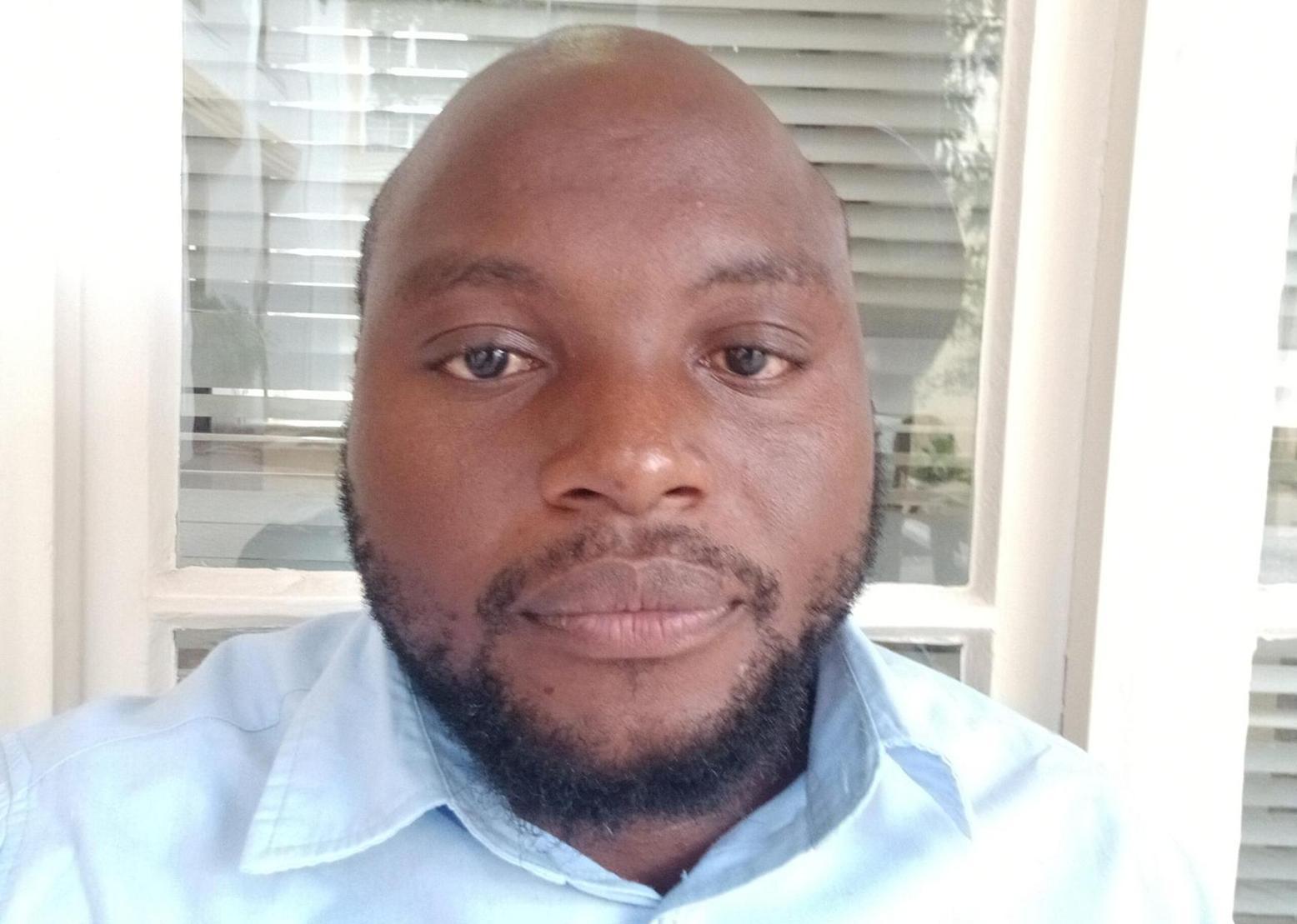Africa-Press – Namibia. On 20 March 2025, members of Namibia’s 8th Parliament were sworn in at Tintenpalast in Windhoek.
They vowed to respect and defend Namibia’s Constitution and to be loyal to the country and its citizens. But will they truly deliver on their promise to serve the interests of the people? Hence, what contributions will they bring to the Namibian house?
MPs roles
It’s important to note that Namibia is a multi-party democracy where MPs are elected by citizens to represent them in Parliament where, they are expected to express the concerns of the citizens on their behalf, regardless of their political differences. MPs are also expected to engage in robust debates that seek to bolster solutions to the socio-economic challenges inhibiting the potential of the citizens.
Pressing issues
Namibia faces its fair share of domestic challenges. These include high unemployment, poverty, and corruption. The latest statistics from the Namibia Statistics Agency (NSA) show that 44.4% of the youth are unemployed, though analysts maintain the actual rate is higher.
The youth make up 70% of the Namibian population.
While poverty remains a concern, the number of deaths related to malnutrition continues to rise annually.
Additionally, the country’s population has increased from two to three million since 2023.
This surge has exerted more pressure on the government to effectively deliver services to the public. Unfortunately, the three million population still reflects a significant gap between the haves and the have-nots. Therefore, social inequality in Namibia remains unaddressed.
MPs of the 8th Parliament
The public has witnessed a diverse and dynamic Parliament. The youth have made strides in the composition of Parliament. This is a giant step towards youth empowerment and leadership. During their maiden speeches, MPs pledged to address societal issues. This has fostered new hopes among the citizens.
However, politicians are known for their rhetoric globally. Many do not honour their promises, and even when they do not, they cannot be held accountable for reneging on them. Positively, legislators in the 8th Parliament appear to be committed to social justice, which might translate into addressing the bread-and-butter issues. Regardless of their political differences, they seem to connect well with the masses on the ground. This will help in addressing socio-economic issues at the grassroots level.
What to expect
Citizens expect that the MPs of the 8th Parliament engage in high-quality debates. Quality debates are important for making and passing solid laws that will serve the interests of the citizens. Both the ruling party and the opposition have MPs who are seasoned in politics.
They are capable of improving accountability and transparency through constructive public consultation and participation.
Moving forward
The 8th Parliament has the potential to promote democracy and development in Namibia. Only if parliamentarians truly prioritise the interests of the citizens, will they make the difference needed.
Source: neweralive
For More News And Analysis About Namibia Follow Africa-Press






